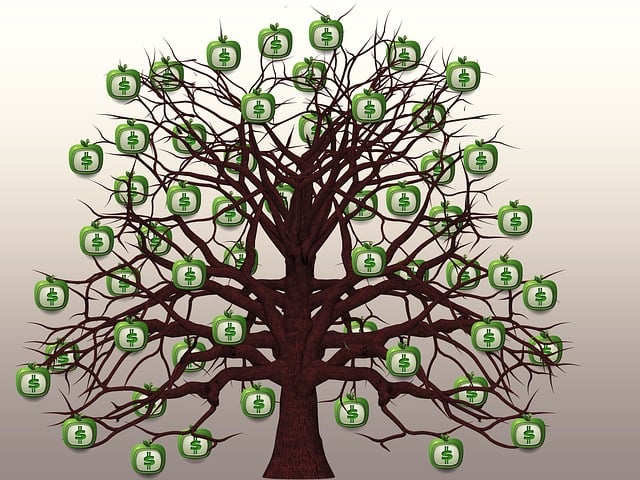Deadline: 28 April 2020
The U.S. Department of State, Bureau of Democracy, Human Rights and Labor (DRL) has announced an open competition for organizations interested in submitting applications for projects focused on understanding and exploring how communities define impact(s) related to democracy and human rights contexts.
Objectives
- Exploring community-defined democracy and human rights impacts: Projects should focus on investigating the aforementioned research question: “How, and/or in what ways, do communities—based in restrictive democratic environments or those affected by human rights abuses—define and / or understand impact?”
- This applied research and learning grant is intended to advance grassroots, bottom-up, or contextualized explorations of “impact.” As funders continue to support grassroots or community-based projects that work to create change, there is an interest in (i) understanding how local actors come to understand whether foreign assistance projects achieved impact, and (ii) understanding how impact is defined beyond the definitions present in funding / donor networks.
- For example, in some cases, funders may state that impact can only be defined as the type of change that is observed when an adequate counterfactual is present. In other cases, impacts may be defined as policy changes, or broader social, political, or economic changes that may not be seen for 3-10 years (i.e., long-term). However, if funders are to continue working in spaces where marginalized groups are provided the space to inform programming decisions (i.e., locally-led development), DRL would like to encourage processes that allow us to ground our understanding of terms, such as impact, in local knowledge and experience.
- Applicants should note that when responding to the above research question, DRL is open to various methods—quantitative, qualitative, mixed, and multimethod. Applicants are encouraged to propose a method that will best answer the question given their expertise, access, and capacity. Proposals that have strong support and participation from civil society and local organizations in the target countries or regions where activities are to be conducted will be deemed more competitive. Proposals should explain how civil society and local organizations have been involved in the proposal development process. Successful applicants will outline how project deliverables will be disseminated to the public, and how the research will make a significant difference for improved grantmaking and project implementation.
- DRL’s preference is to avoid duplicating past efforts by supporting new and creative approaches. This does not exclude from consideration projects that improve upon or expand existing successful projects in a new and complementary way. Programs should seek to include groups that can bring perspectives based on their religion, gender, disability, race, ethnicity, and/or sexual orientation and gender identity. Programs should be demand-driven and locally led to the extent possible. DRL also requires its programming to be non-discriminatory and expects implementers to include strategies for the integration of individuals/organizations regardless of religion, gender, disability, race, ethnicity, and/or sexual orientation and gender identity.
Where appropriate, competitive proposals may include:
- Opportunities for beneficiaries to apply their new knowledge and skills in practical efforts.
- Solicitation of feedback and suggestions from beneficiaries when developing activities in order to strengthen the sustainability of programs and participant ownership of project outcomes.
- Input from participants on sustainability plans and systematic review of the plans throughout the life of the project with adjustments made as necessary.
- Inclusion of vulnerable populations.
- Joint identification and definition of key concepts with relevant stakeholders and stakeholder input into project activities.
- Systematic follow up with beneficiaries at specific intervals (3 months, 6 months, etc.) after the completion of activities to track how beneficiaries are retaining new knowledge as well as applying their new skills.
Activities that are not typically allowed include, but are not limited to:
- The provision of humanitarian assistance;
- English language instruction;
- Off-shore activities that are not clearly linked to in-country initiatives and impact or are not necessary per security concerns;
- Micro-loans or similar small business development initiatives;
- Initiatives directed towards a diaspora community rather than current residents of targeted countries.
Funding Information
- Funding Floor (lowest $$ value): $75,000;
- Funding Ceiling (highest $$ value): $400,000;
- Period of Performance (example 12-18 months, 2 -5 years): 12-36 months.
Eligibility Criteria
- DRL welcomes applications from U.S.-based and foreign-based non-profit organizations/nongovernment organizations (NGO) and public international organizations; private, public, or state institutions of higher education; and for-profit organizations or businesses. DRL’s preference is to work with non-profit entities; however, there may be some occasions when a for-profit entity is best suited
- Applications submitted by for-profit entities may be subject to additional review following the panel selection process. Additionally, the Department of State prohibits profit to for-profit or commercial organizations under its assistance awards. Profit is defined as any amount in excess of allowable direct and indirect costs.
How to Apply
Applicants can find application forms, kits, or other materials needed to apply on the given website.
For more information, visit https://www.grants.gov/web/grants/view-opportunity.html?oppId=324863
